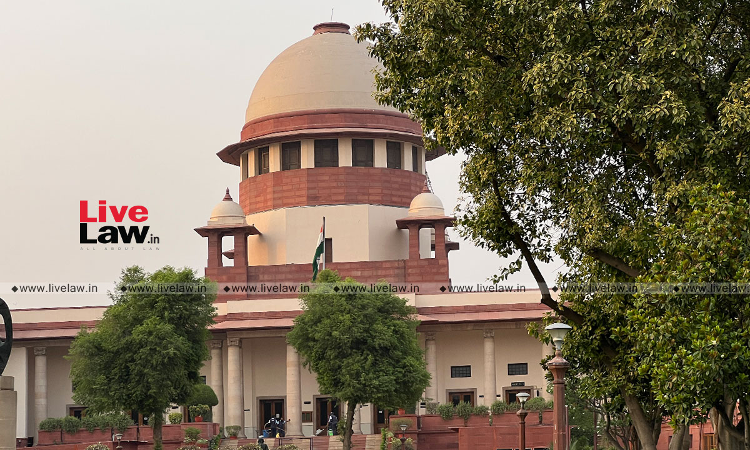Section 436A CrPC Akin To Statutory Bail ; Can Be Invoked By Accused Arrested Under PMLA : Supreme Court
LIVELAW NEWS NETWORK
28 July 2022 9:00 AM IST

Next Story
28 July 2022 9:00 AM IST
The Supreme Court observed that the beneficial provision of Section 436A of Criminal Procedure Code could be invoked by the accused arrested for offence punishable under the Prevention of Money Laundering Act, 2002 Act.Section 436A CrPC needs to be construed as a statutory bail provision and akin to Section 167 CrPC, the bench comprising Justices AM Khanwilkar, Dinesh Maheshwari and CT...
